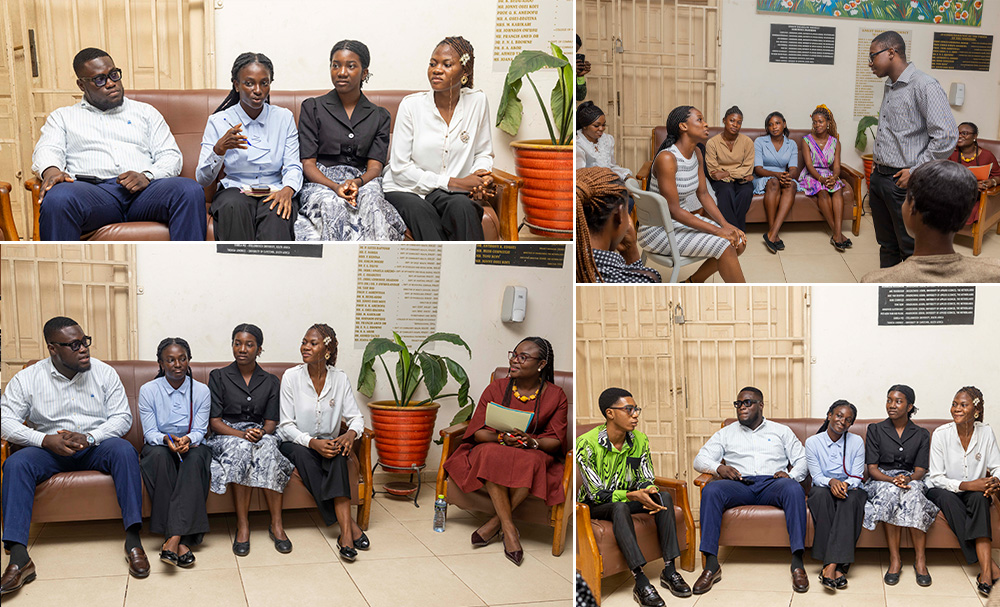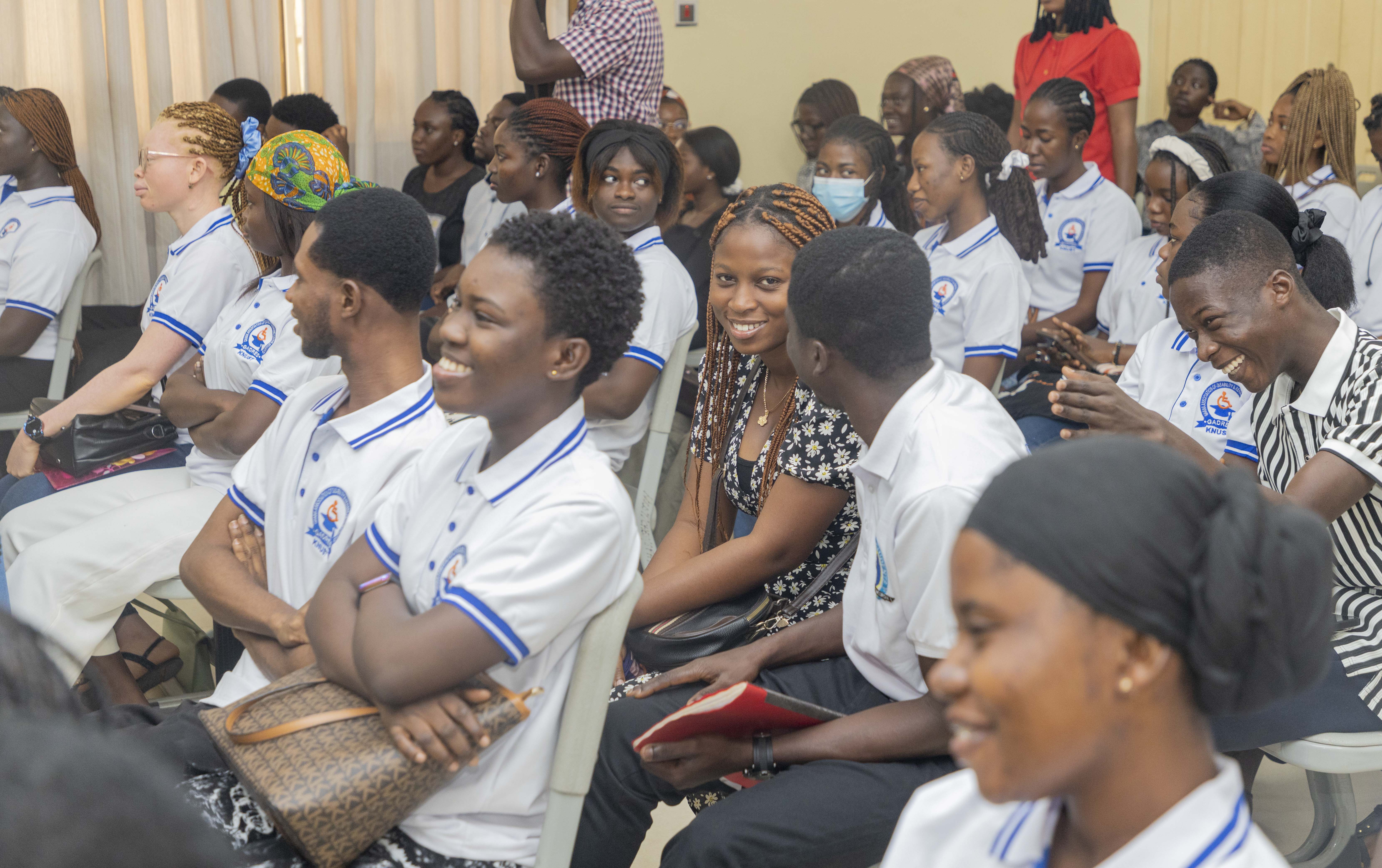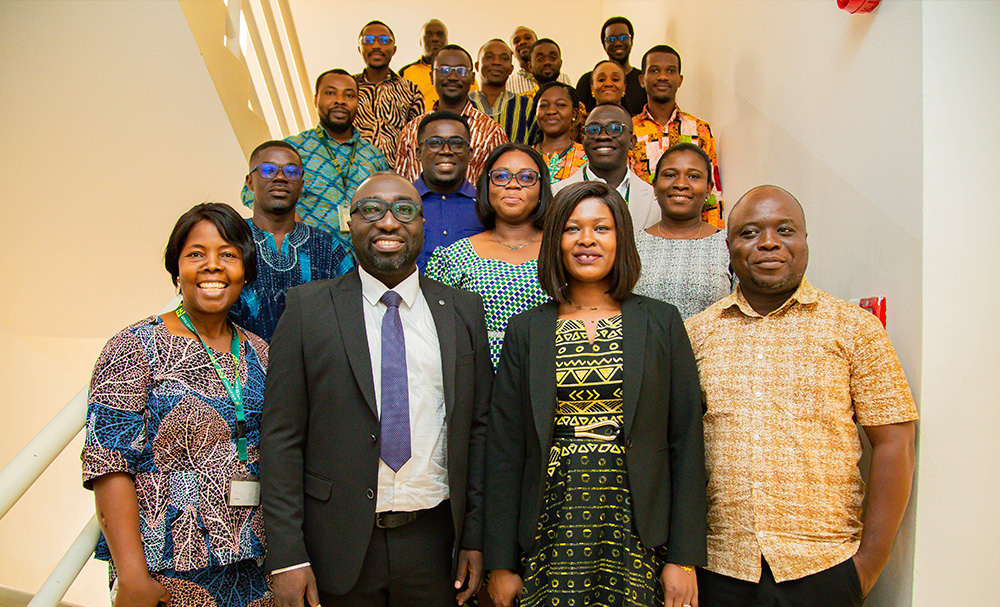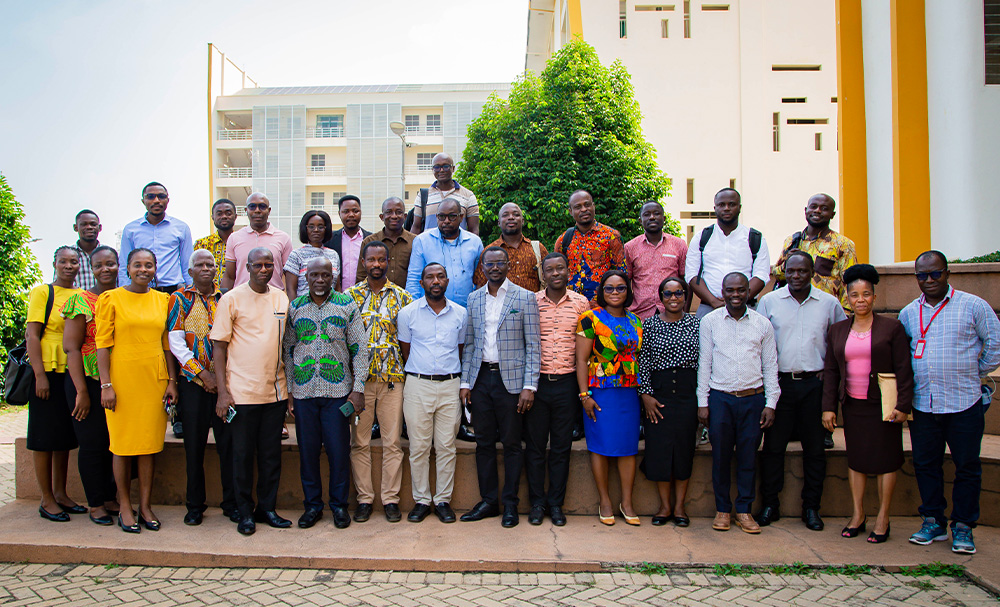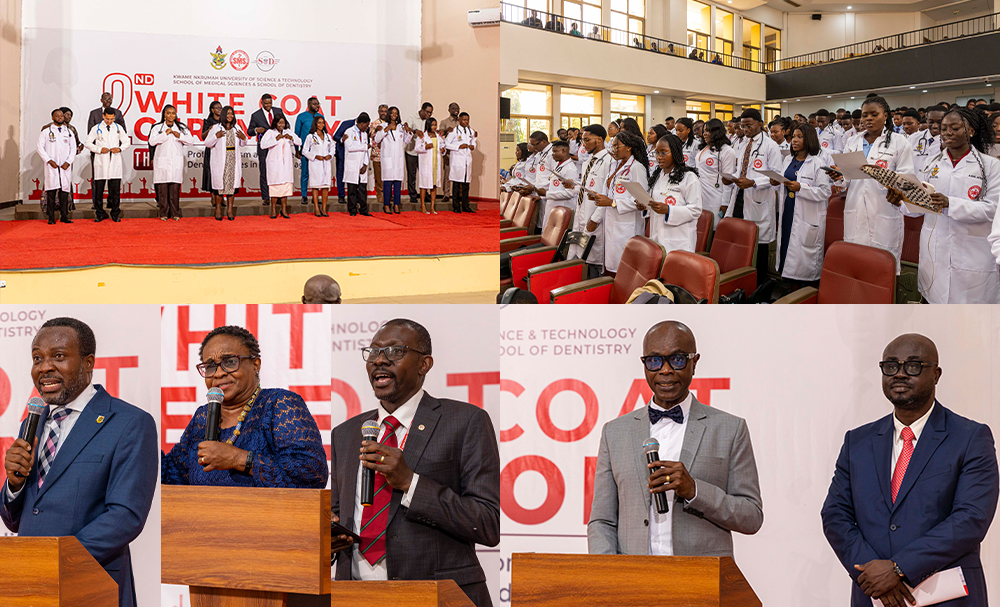KNUST College of Health Sciences Introduces Computer-Based Exams to Streamline Assessment Process
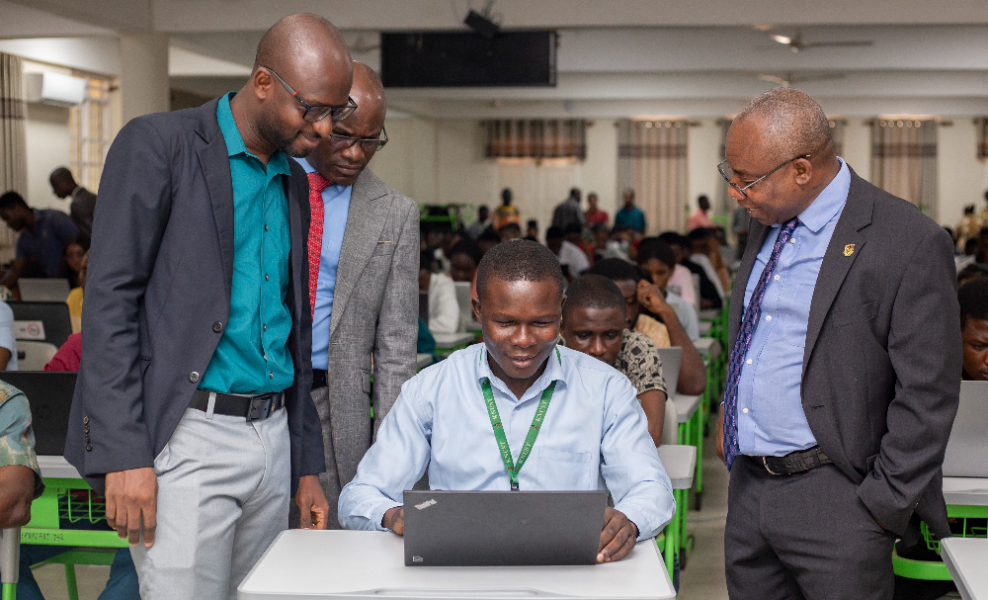
The College of Health Sciences (CHS) at the Kwame Nkrumah University of Science and Technology (KNUST) has launched computer-based examinations, aimed at reducing the cost and stress associated with scannable sheets and the lengthy process of compiling scores.
The initiative, which was first introduced last year during exams for Ministry of Health institutions, is part of a long-term strategy to create a faster and more reliable assessment system.
According to Professor Christian Agyare, Provost of the College, the decision to adopt computer-based exams was driven by the need to accommodate over 70 health training institutions conducting examinations.
“After the success of conducting computer-based exams for the health training institutions last year, we decided to implement it here on campus, especially based on the recommendation from the academic board,” Professor Agyare explained. He emphasized that the new method is secure and reliable, with the university and college working diligently to minimize technical challenges.
To support the initiative, students are required to bring their own laptops. However, the college has also made provisions for those who may face technical issues.
“So far, so good. The university is thinking of procuring more laptops, but what we have done so far is provide backup laptops. The college currently has 40 laptops and is in the process of procuring about 150 more,” Professor Agyare added.

Professor James Oppong-Kyekyeku, the College Exams Officer, highlighted the broader goal of increasing the computer population at the university. He noted that the existing computers in the ICT labs are insufficient to meet the demand, prompting the adoption of the Bring Your Own Device (BYOD) policy. The V-class software is used to upload exam questions, with the E-Learning Center playing a key role in facilitating the process.
“This policy helps us to astronomically increase the computer population, and it also gives students a different experience altogether,” Professor Oppong-Kyekyeku stated. He described the innovation as a more efficient and commendable alternative to the traditional scannable exam system.
“One of the main drivers for the university moving to computer-based exams is that it is becoming increasingly difficult to find scanners to mark our scannable forms. The companies that manufacture them are going out of business because everyone is transitioning to computer-based exams,” he explained.
Students have welcomed the new system, with many praising its efficiency and convenience. Edmund Gali, a fifth-year pharmacy student, expressed his satisfaction, stating,
“This is innovative because moving from the scantron to an electronic system is great. We can now see the timing and answer quickly. All you need is your laptop, so it’s far better than using sheets and pencils.”
Agnes Lartey, another student at the college, also commended the initiative after her first experience. “It is good to accept new things, and I am trying to adapt. It is a good initiative,” she said.

